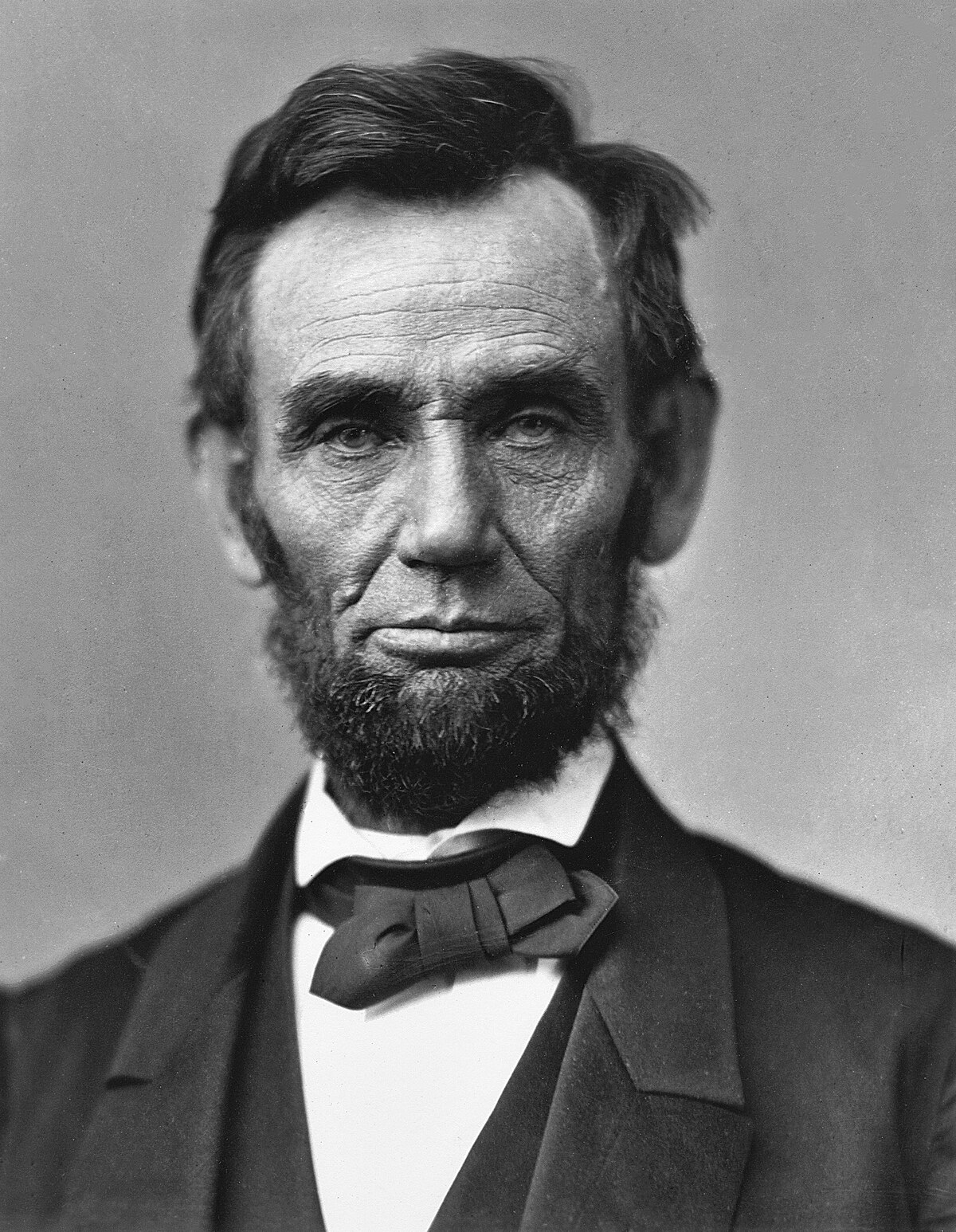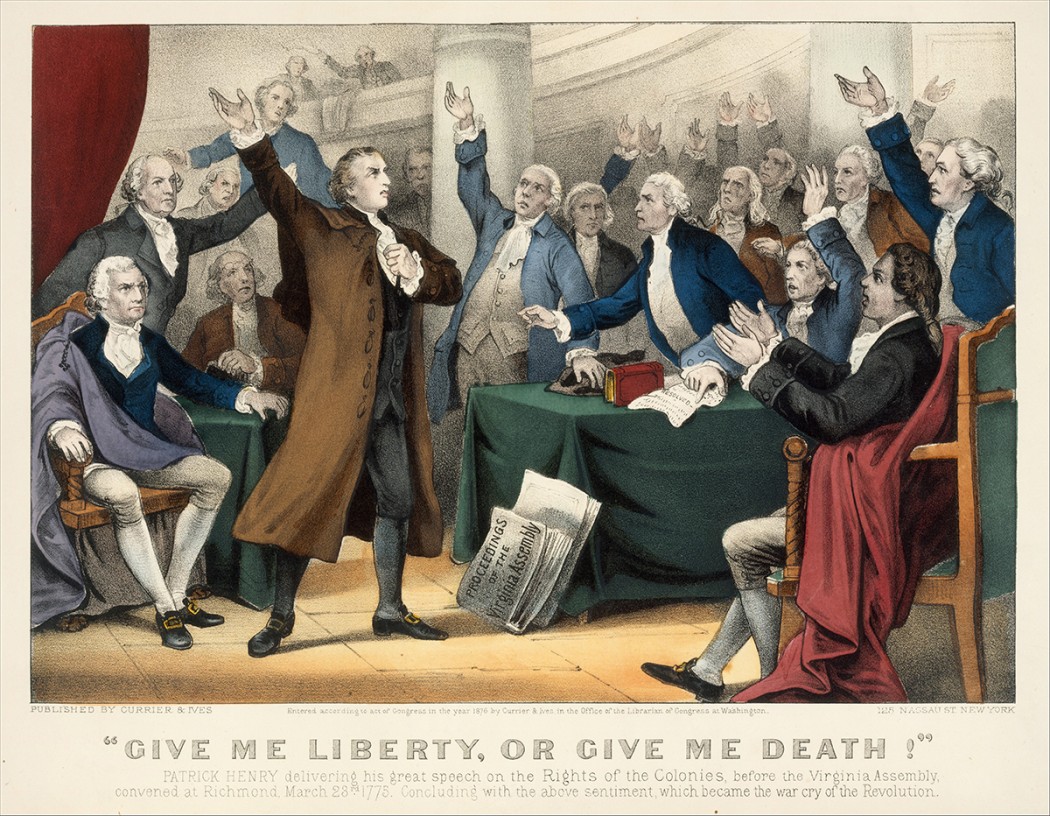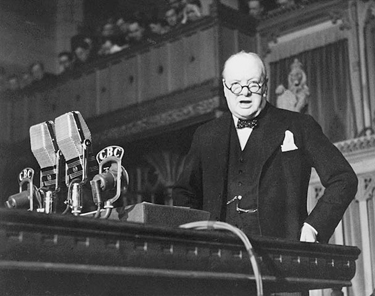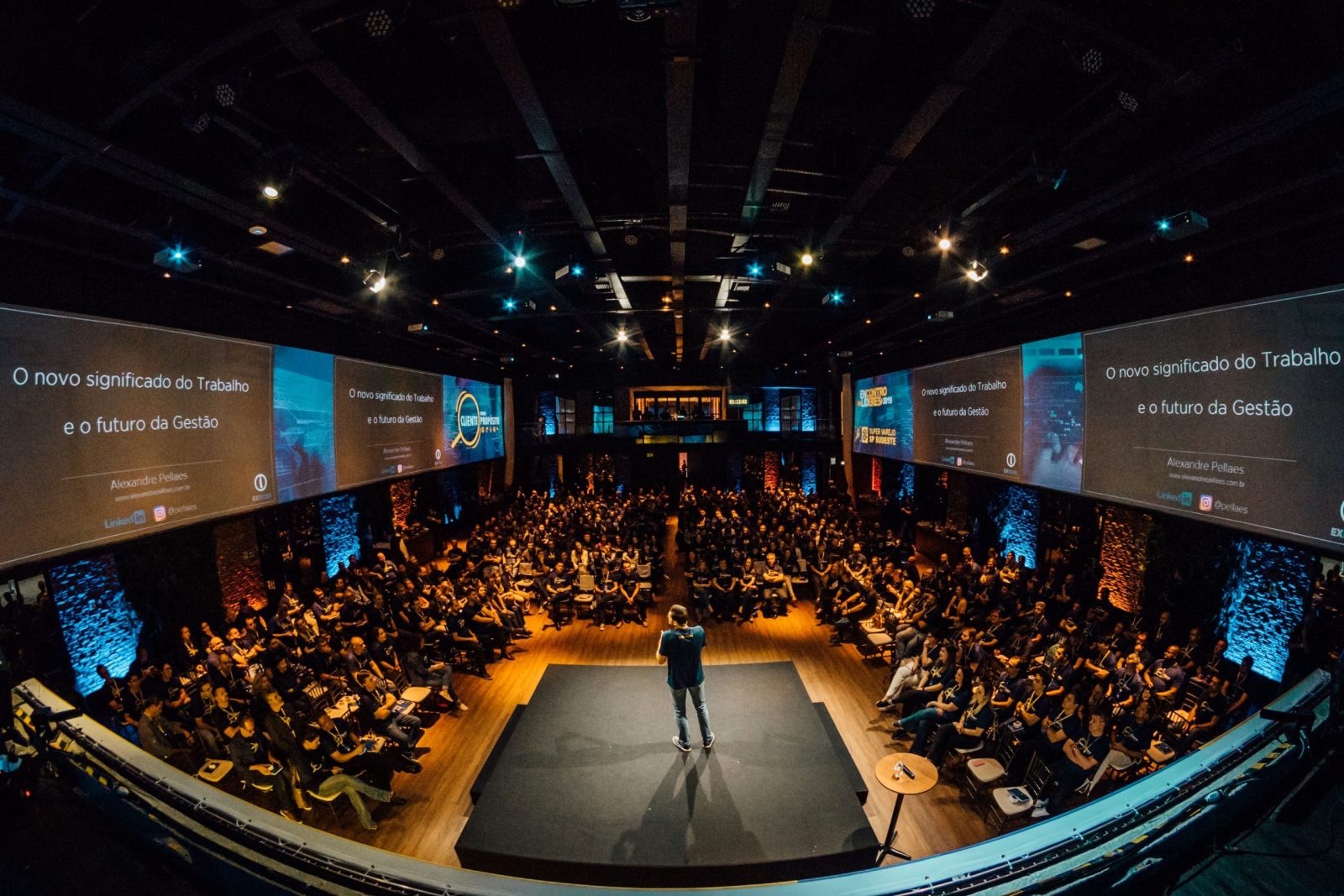
Presenting a speech is a great way to make a mark on an audience. However, it’s not always so simple. Throughout time, famous speeches have always captured our hearts and minds, and many famous people have used their skills to inspire others with their words.
“Speech is power: Speech is to persuade, convert, and compel.”
The quote was popularized by Ralph Waldo Emerson, an American poet and essayist. A speech is compelling if written and done right.
His quote wonderfully encapsulates the impact of a well-crafted speech. There is no shortage of legendary speeches that have indelibly impacted humanity and history.
Later, I’ll share famous speeches that will make a lasting impression on you. The speeches might amaze you, so if you’re ready, read on!
Moreover, as a special treat, I’ll give some tips and tricks on delivering famous speeches. Maybe one day, you’ll end up on one of our lists!
Key Traits of Famous Speeches
Great rhetoric isn’t the only aspect of famous speeches. You’ll need the correct time, a compelling message, structure, and key elements.
| Traits | Description |
| A Clear and strong message | A good speech always begins with a key idea and a clear message. Many people mistake burying their ideas in the middle or at the end of their presentation. Halfway through, the audience may become bored and leave without knowing what you’re talking about. If you want people to understand you, make it clear right away. |
| Impactful | Remember to think about every aspect of your speech. Your oral delivery also impacts the audience’s reaction. Change your tone and pace to keep your listeners interested. You should also be prepared to make last-minute changes to your delivery if you notice the audience drifting away. |
| Informative | To have an impact, your speech must be educational and full of new information. Take care not to repackage old ideas in fancy words. To make it memorable, you need to be creative in sharing critical details. Make sure there are no repetitions or gaps. You can also include motivational quotes for added encouragement. |
| Nonverbal cues | Famous speeches are more than just what you say. It’s also about how you present yourself. Nonverbal cues such as body language and gestures are important in delivering a meaningful speech. |
How to Become an Effective Public Speaker
What do Martin Luther King Jr., Gandhi, and Mother Teresa have in common? Why did their speeches become so powerful and famous?
The key characteristics of these famous speeches will help you deliver an impactful speech. Thus, here are some of the main attributes of a great public speaker:
| Characteristics | Description |
| Passion | Almost all famous speeches consist of passion. The topic should be close to you, and you must be eager to make a mark effectively. With emotions, you can captivate an audience and inspire them even more. |
| Confidence | Famous speeches are the result of confident people. A confident public speaker is more accurate, knowledgeable, and likable. However it’s natural to be nervous, but you must overcome your fear to excel at public speaking. |
| Engaging | A good speech should be conversational in tone. As much as possible, It should try to captivate the audience and remove the element of boredom. An engaging speech ensures your audience focuses on you while you speak. |
| Authenticity | Today, it is all about authenticity. Famous speeches are special because they give a unique personal twist that is easy to relate to. |
What Not to Do When Giving Famous Speeches?
Many things could go wrong with a speech, but the best way to prevent them is to rehearse. You should practice at least ten times before finalizing. Generally, a simple, straightforward speech that keeps your audience awake and engaged will make any event memorable.
:max_bytes(150000):strip_icc():format(webp)/GettyImages-200569619-008-56ff4e7e3df78c7d9e4d5848.jpg)
Here are some of the things you avoid doing during a speech.
1. Not rehearsing
The most effective presenters practice. Furthermore, rehearsing optimizes your audience’s perception of you and helps achieve the desired outcome of a presentation.
2. Dumping too much data
Sometimes, when we address an audience, we concentrate almost entirely on Logos or the reasoning part of the speech.
We tend to talk too long when we rely too heavily on statistics and data. We also completely ignore the most important element of all: the listeners.
3. No pauses
Numerous individuals make the mistake of rushing through their speeches. They tend to talk fast, like a ticking time bomb waiting to explode. However, a good speech needs pauses and stops. You will appear more confident when you intentionally use pauses as a rhetorical device.
4. More or little humor
Adding humor to your speech can be a tricky one. Knowing how much humor you can put in is difficult, especially if you don’t know your audience.
However, you don’t want your presentation to be boring. A good rule of thumb is to be yourself, with a dash of humor thrown in for good measure.
5. Reading instead of talking
Do not read your speech off your slides or a piece of paper. It makes you unsure what you’re saying, and people tend to get bored. Instead, memorize and talk to the audience, and explain the information you wish to deliver.
Start inspiring people with your speech, and start practicing with Orai
What Makes Famous Speeches Famous?
What constitutes a famous speech? Mostly, it’s a sense of humor or a strong call to action. In most cases, it’s simply the speaker’s presence and energy that the audience finds attractive.
Whatever the case, famous speeches all have a few things in common. They have a story that connects with their audience. Moreover, famous speeches have a strong beginning and a strong ending and aren’t drawn out.
Top 10 Most Influential Famous Speeches in History

There are more than a handful of famous speeches in history. But the ones below are the best of the best because they’re:
- Timely
- Highly compelling
- Revolutionary
1. William Wilberforce – Abolition Speech
In May 1789, William Wilberforce gave one of the most famous speeches in history. He had the chance to talk about the slave trade. Wilberforce’s speech about why the trade needed to be stopped lasted three hours. He added that such an act was morally repugnant. Although he made his case, it was not until 1807 that the Slave Trade Act was passed.
2. Abraham Lincoln – ‘The Gettysburg Address’

The Gettysburg Address by Abraham Lincoln is undeniably one of the most famous speeches in history. At only 272 words and three minutes in length, he touched on three main points:
- The Declaration of Independence’s principles of human equality
- Linked the Civil War sacrifices to the desire for “a new birth of freedom.”
- Preservation of the Union was formed in 1776, and its ideal of self-government
3. Subhas Chandra Bose – ‘Give Me Blood and I Will Give You Freedom’

Subhas Chandra Bose gave one of the most famous speeches in history. His speech immortalized him when he said, ‘Give me blood, and I will give you freedom.’ He was widely regarded and lauded as a patriot and national hero in the face of British colonial forces. Subhas’ unwavering determination resulted in India’s liberation from the British.
4. Patrick Henry – ‘Give Me Liberty or Give Me Death’

Next in the lineup of famous speeches in history is Patrick Henry’s Give Me Liberty Or Give Me Death. Henry gave the speech at the Second Virginia Convention on March 23, 1775. He was sure that war was imminent. His speech aimed to persuade his fellow delegates to take a defensive stance against Britain.
5. Nelson Mandela – ‘I Am Prepared To Die’

On April 20th, 1964, Nelson Mandela gave one of the most famous speeches in history. During his trial, he gave a three-hour-long speech outlining his political grievances and explaining his ideas. His speech was considered a monumental move in the history of South African democracy.
The speech remained one of the most influential pieces in the 20th century. Different scholars have analyzed and studied the speech up to this day.
6. Martin Luther King Jr. – ‘I Have A Dream’
Surely, everyone has heard about one of the famous speeches in history by Martin Luther King Jr. His speech to over 250,000 eager civil rights supporters. It was a historic moment in the American Civil Rights Movement, cementing King’s place as one of history’s great orators.
7. Mahatma Gandhi – ‘Quit India’
The second Indian on our list of famous speeches in history and one of the greatest personalities in the world. Mahatma Gandhi made a bold statement that led to the end of British rule in India. What made Gandhi’s speech famous was its nature of being non-violent. It was the embodiment of the phrase “the pen is mightier than the sword.”
8. Pope Urban II – ‘Speech at Clermont’
Most famous speeches may not always result in a positive outcome. However, they do demonstrate the power of the well-spoken word. For example, Pope Urban II’s speech at Clermont. It has no official transcript, but it was the catalyst for the first crusade and the thinking behind subsequent ones.
9. Demosthenes – ‘The Third Philippic’
The oldest of the famous speeches in history, Demosthenes delivered a powerful message to Greeks about Philip II of Macedon. He asked his fellow countrymen to raise arms against him, responsible for widespread fighting throughout Ancient Greece.
10. Winston Churchill – ‘We Shall Fight on the Beaches’

Heralded as the person to successfully lead Britain through the second world war, he’s also known for his famous speeches. One of which is the ‘We Shall Fight on the Beaches.’ The speech was the second of three powerful speeches delivered during the Battle of France. This was his attempt to persuade the British people to rise to the occasion and not lose hope.
Famous Speeches by Women
When people contemplate the most famous speeches ever delivered, the list almost typically includes only men. With few, if any, addresses delivered by women. However, women are stealing the limelight and giving clear declamation.
As the great Maxine Waters once said, “reclaiming my time,” and yes, women are doing it right now. Here are some of the famous speeches by women:
1. Emmeline Pankhurst – ‘Freedom or Death’
/emmeline-pankhurst-613510158-4f257f89bc5a42ecba3339000ba09399.jpg)
Emmeline Pankhurst gave one of the most famous speeches in the 20th century. The speech was made as a result of the state’s denial of women’s voting rights. Pankhurst also stressed the need for resistance against the American and British governments. She portrayed the suffragist movement’s actions due to gender inequity and the necessity to defend women’s rights as human rights.
2. Oprah Winfrey – ‘Being a Free Woman’
One of the famous speeches by women was delivered by no other than the queen of all media, Oprah Winfrey. In her speech, she spoke about making decisions in the face of criticism. When she was accused of betraying women by voting for Barack Obama, she explained that she was always a free woman with the freedom of expression.
3. Hillary Clinton – ‘Human Rights as Gay Rights’
December 6, 2011, marked one of the great examples of famous speeches by women. Hillary Clinton delivered a speech on International Human Rights Day in Geneva, Switzerland. She stated, “gay rights are human rights.” Her statement came after the Obama administration declared that US government agencies need to consider gay rights.
4. Sojourner Truth – “Ain’t I A Woman?”
Born as Isabella Baumfree, Sojourner Truth was born into slavery and became an anti-slavery speaker after winning her freedom. At the Women’s Convention in Akron, Ohio, she delivered one of the most famous speeches by women in history. She began, “And how came Jesus into the world? Through God who created him and the woman who bore him.” After that, she dared men by saying, “Man, where was your part?”
5. Greta Thunberg – Climate Action Summit
Undeniably, she is the youngest woman on our list, but her speech was very powerful. Greta Thunberg was sensationalized in 2019 when she urged world leaders to address the effects of climate change. She said, “You all come to us young people for hope. How dare you?” However, people had mixed reactions to her speech at the 2019 Climate Action Summit.
6. Amanda Gorman – The Hill We Climb
Even months after Joe Biden’s inauguration, we are still relishing the great speech given by Amanda Gorman. Gorman’s spoken word poetry brought the language to life, touching on hope, unity, and America’s joint mission. The declaration will go down in history as one of the most famous speeches.
7. Queen Elizabeth I – Speech to the Troops at Tilbury
With the invasion by the Spanish Armada looming, English forces gathered in Tilbury, Essex, near the shore. Queen Elizabeth I was dressed in full military attire with them. She gave a moving speech to her troops. Her pep talk worked, and defeating the Spanish Armada became one of England’s greatest military triumphs.
Short Famous Speeches
Famous speeches come in different lengths. Some are very long, but a few are brief yet equally powerful. Here are a fair few of those famous short speeches:
1. Ronald Reagan – Speech Following the Challenger Disaster
Ronald Reagan, the 40th President, delivered one of the most iconic famous speeches on national television. His public address resulted from the tragic explosion of the Challenger Space Shuttle on January 26, 1986.
The space shuttle broke apart barely 73 seconds into its voyage, killing all seven crew members. Its crew included a classroom teacher, who NASA had chosen to be the first non-astronaut to fly into space.
He was an expert in communicating but found himself in a difficult situation. Nonetheless, he persevered. By carefully addressing each segment, his state address met the emotional needs of five different audiences:
- Families of the crew members
- Collective mourners
- School children
- Soviet Union
- NASA
2. King George VI – Address to Britain
On September 3, 1939, King George VI gave his first address, declaring that the United Kingdom was at war again. People knew that the king had a speech impediment, a stutter. But it didn’t stop him from delivering one of the most impactful and strong short famous speeches ever.
The four hundred-and-seven-word speech persuaded a nation into action. It even sparked the creation of the 2010 blockbuster film The King’s Speech.
3. Richard Nixon – Resignation Speech
Besides delivering one of history’s most famous short speeches, Richard Nixon was the first US president to resign. He delivered his speech live through television from the White House in Washington, DC, on August 9, 1974. With his resignation, he hoped to “hasten the commencement of that process of healing which is sorely required in America.”
4. William Faulkner – Nobel Prize Acceptance Speech
William Faulkner earned his keep when he won the 1949 Nobel Prize in Literature. His acceptance speech entitled “The Writer’s Duty” was meticulously structured to demonstrate his goal effectively. He began his speech by introducing his topic and writing and reminding his audience that writing is time-consuming.
His “work – a life’s labor in the sorrow and sweat of the human soul,” he said. Faulkner then referred to writing as “anguish and struggle.”
Famous speeches in the 21st century
The collection of famous speeches in the 21st century highlights several individuals who have significantly impacted society. These people have impacted various fields and industries, from technology to education and politics. They have introduced new ways of thinking and living.
1. Steve Jobs – Loving What You Do
Steve Jobs presented one of the most famous speeches of the 21st century. It is an inspiring story of his journey divided into three sections: birth, life, and death.
His commencement address at the graduation of the class of 2005 retells the story of his path to success. It includes dropping out of college and being fired from Apple. The whole path freed him from the constraints of success and made him a beginner again.
2. Mark Zuckerberg – ‘Creating Innovation in the Office’
The list of famous speeches in the 21st century would be incomplete without mentioning Mark Zuckerberg. He completely transformed the way people connect and share content on the Internet.
With technology and social media defining much of the twenty-first century, his brief presentation discusses innovation. He contends that change entails more than just developing a new idea. He demonstrates to the audience how these methods are implemented at Facebook’s headquarters and applies this approach to their businesses.
3. Barack Obama – ‘The Audacity of Hope’
The Audacity of Hope is a rare blend of autobiography and policy analysis. It deviates from the boilerplate, frequently ghostwritten memoirs released by many politicians.
Obama describes his unusual childhood and insights into his racially mixed heritage. He also told his experience of living in an exotic location instilled in him. The 44th US President also delves deeply into nearly every major political issue confronting the American voter today.
4. Steve Jobs – ‘The Anatomy of Technology’
One of the most famous speeches from Steve Jobs compares computer technology to the structure of the human body. In his speech, he said that the brain of a computer is its hardware. He added that operating systems must keep up with the brain’s rapid development and growth.
5. Bill Gates – ‘The Future of Innovation’
Bill Gates’ optimistic innovation speech focuses entirely on humanity’s historical success and future progress in the invention. He believes breakthroughs will come from various sources because of the world’s vast intellect and abundance of innovators. These sources will range from the United States to some developing countries.
What literary devices and techniques were used in these speeches?
Powerful speeches often utilize repeated key phrases, like “I have a dream,” to drive home core ideas. Tools like parallelism and alliteration also make them flow beautifully and captivate listeners. References to historical documents further strengthen arguments and connect the past to the present, making the message impactful and persuasive.
What are some top quotes from these influential speeches?
Some of the top quotes from these influential speeches include powerful declarations about equality and justice, reflecting on the nation’s promise to uphold the rights of all its citizens. The speeches address the failure to fulfill this promise and the determination to continue fighting for what is just and right.
What are some speeches that changed the world and their backgrounds?
This excerpt highlights ten influential speeches that have shaped history. From William Wilberforce’s fight against slavery to Nelson Mandela’s call for racial equality, these speeches, delivered with passion and eloquence, inspired movements, ignited revolutions, and continue to resonate today as testaments to the enduring power of words to incite change.
Key Takeaways
“Eloquent speech is not from lip to ear, but rather from heart to heart,” said William Jennings Bryan. Famous speeches have been and always will stand the test of time. That’s how powerful they are.
Words are weapons, but with great orators, they become even more powerful. The individuals who belted the most famous speeches resonate throughout the world. We value their work because their ideas, efforts, and activities have resulted in life-changing occurrences.
Inspired? Get started with your speech and start practicing with Orai


